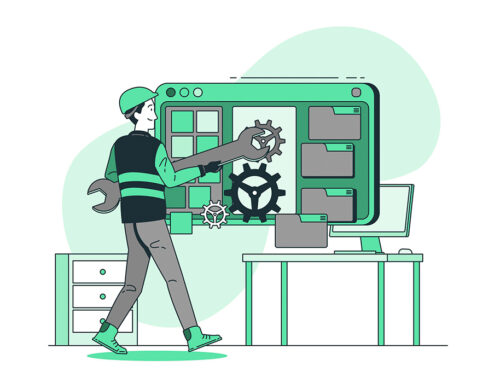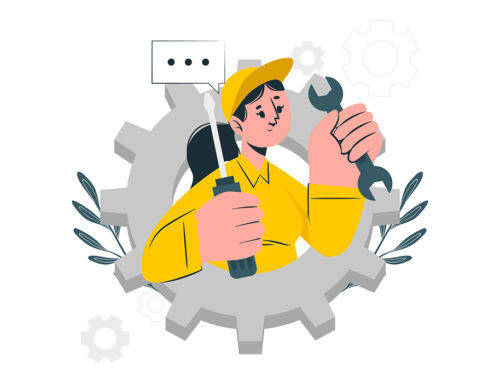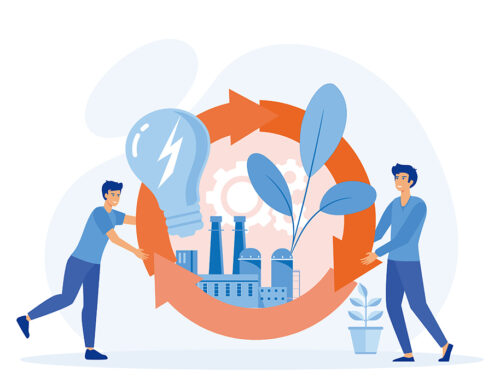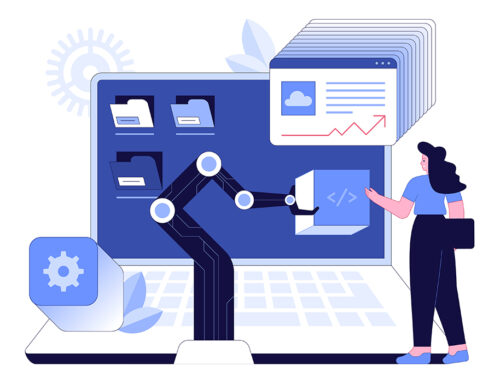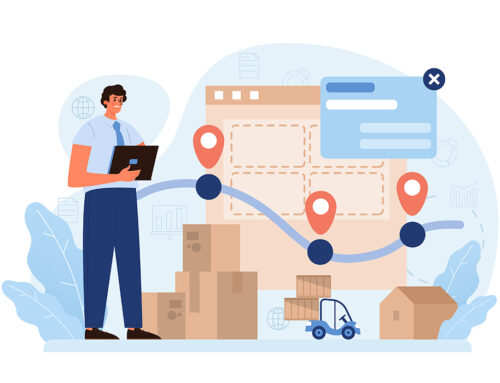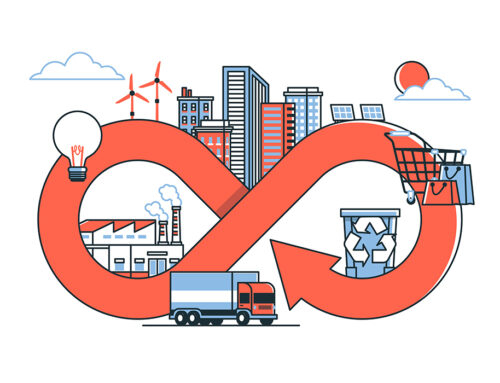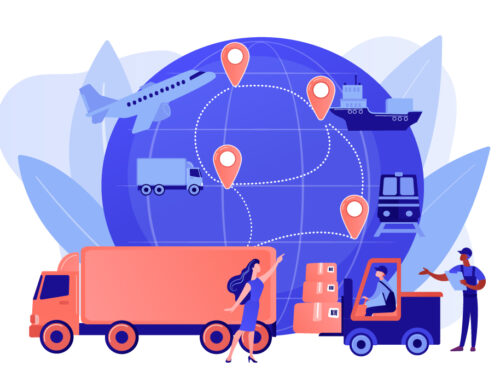Field service is an essential part of most businesses. Providing on-site support and maintenance to customers, field service technicians are the foot soldiers of many companies who keep things running smoothly. However, as we get increasing access to exciting new technology, organisations are beginning to look at ways to make their field service operations smarter and more efficient.
Author Nick Saraev

Photo: Freepik
ProntoForms CEO and Founder Alvaro Pombo discussed this very shift at Copperberg’s 2023 Field Service Forum. In his own words, “We are in front of a critical, critical convergence of technology that is going to enable [field service] technicians to be a much better people”. By learning how to leverage this new technology, your organisation can follow in Pombo’s footsteps and stay competitive.
Cutting Through the Noise
Many new technologies are coming out on the market that are incredibly helpful to business structures, such as work order management systems, customer-centric systems, etc. However, most of these technologies are not helpful to field service technicians. So how do we cut through all that technological noise?
Luckily, Pombo is one step ahead and has already narrowed down the overwhelming list of new technologies to just the ones that help certain aspects of field service.
Pombo’s Top 6 Technologies for Technicians Serving Assets
Organisational leaders ask a lot of their technicians every day. From safety precautions to completing work orders, technicians are nothing if not busy, and technology is helping them manage those requests and get them done efficiently and effectively. The six most important technologies that Pombo has seen technicians use day to day are:
- Sensors & Twinning
- 5G & Edge
- Data as a service
- AI
- Mobile Apps
- VR/AR
Pombo believes that the most important part of understanding these technologies is understanding the workflow that they are working to streamline. And the way to understand that is by seeing the future of where mobile apps are headed: intelligent apps.
Intelligent Apps
At the moment, intelligent apps are “theory” – the technology is getting there, or is very close to getting there. However, they are quickly becoming a reality. Field service technicians need to learn about them and what they should or could look like to discover how they can benefit from them and keep up with the competition.
Intelligent apps are a bit complex, but to users, they are incredibly simple to use. They consider all the different routes a technician could take and deliver “one end-to-end workflow” for ultimate productivity. According to Pombo, a true intelligent app should:
- Provide Context: Context is key to Pombo, and most people don’t truly know what it means. Intelligent apps provide this context for your organisation.
- Truly Understand the Assets in Front of the Technicians: Most organisational leaders are not involved in the work days of their technicians, which causes friction. Intelligent apps help simplify workflows for everyone so leaders can make decisions more effectively and assets are utilised and understood effectively.
- Guide When Needed: Technology is only helpful when we need help. Intelligent apps give you a guide when you need it, not when you don’t.
- Know When to Leave Technicians Alone: Intelligent apps should set technicians up for success, but they should “shut up” when they feel prepared to do their job.
- Are Asset, Work Order, Compliance, or EHS-Centric When They Need to Be: Safety is important, but technicians don’t want to be inundated with safety information – most of them know on their own how to be compliant and safe. An intelligent app takes this into account and reminds technicians of ways to be safe, but on their terms and when they need it. This raises efficiency and lowers costs, which is a positive change for everyone.
The Role of Intelligent Technology
Now that you know what intelligent apps do at a basic level, what should they be doing for your company and workers? What are the large-scale impacts? Pombo believes they should:
- Augment the Technician’s Intelligence and Capabilities: Intelligent technology shouldn’t replace anyone or do work for them. Rather, it should set up technicians for success. By automating time-consuming processes like to-do lists or safety reminders, technicians can focus their intelligence and capabilities on what needs them most.
- Enable Management to Learn What Really Happens Out There and Continuously Improve: As mentioned previously, organisational leaders rarely involve themselves in the day-to-day operations of their technicians. Intelligent apps’ data collection and summarization through workflows allow management to learn and discover ways to improve without giving up too much time. You can also easily add a feedback button, where technicians can voice their concerns with context.
Getting Started Analysing Workflows
To finish out his presentation, Pombo laid out an example workflow an intelligent app might give you, titled “Heavy Equipment – A Day in a Life of a Technician”. The steps were laid out with arrows in this order:
- Background Work
- Preparation
- Logistics
- Safety
- Assets
- Work Order Completion
- Compliance
- Debrief Work Performed
- Communicate to Customer
- Secondary Compliance
- Customer Satisfaction Check
In addition, there were Sales Quotes and Employee Management steps outside of the workflow, implying they could be implemented at any time.
With each step were some details and context surrounding it, but overall the workflow was simple to read and easy to understand. “It doesn’t take a lot of work to figure it out,” Pombo stated. “It takes a different point of view to lay it all out and see where are you going to intervene in those workflows, and which are the best places where you can enhance it.”
Pombo finished his talk by asking the audience to “enjoy the journey”, emphasising the importance of asking for feedback and taking a step back to let your technicians succeed.
With intelligent apps in field service sectors, your organisation will be able to do so, and your technicians will benefit from a system where they are heard, understood, and helped by managers who genuinely care about them.

